Louisiana is one of only twenty-two states that has no governmental organization that establishes optician training, certification, and licensing requirements. Since there are no state regulations for opticians, the decision of employment requirements is generally left to business owners. Because there are so many different types of optical employers across the country, training programs can vary significantly between employers and opticians should be aware that the training that they receive may not be comprehensive.
Many employers, in states like Louisiana, will arrange to have new opticians trained by experienced opticians who work in the same office. Large optical employers tend to have opticians focus primarily on retail sales and minor frame adjustments while smaller employers will typically train opticians to perform far more tasks. For this reason, it is often a good idea for opticians to voluntarily complete the exams administered by the American Board of Opticianry (ABO) and the National Contact Lens Examiners (NCLE). Some employers encourage opticians to take these exams and they may even offer to pay the associated fees.
There are a few important benefits associated with voluntary completion of credentialing. First, certified opticians generally enjoy higher salaries. Optical employers understand that credentialed opticians are better able to establish trust with customers because they can demonstrate that they have met national standards for competency. This can be an important asset to a business that is looking for a marketing advantage over competitors. Optician credentials can be used in an effort to attract and retain customers. Certified opticians also require less training and support from employers. This usually translates into less money being spend on optician hiring.
 Another important benefit is the fact that certified opticians are able to transfer their credentials between regulated and unregulated states. This can be important when an optician decides to move and wants to avoid having to go back to school or working as an apprentice. Finally, certified opticians know that their understanding within the industry is comprehensive. Opticians who have not been certified do not always receive the kind of training needed to work in all types of offices.
Another important benefit is the fact that certified opticians are able to transfer their credentials between regulated and unregulated states. This can be important when an optician decides to move and wants to avoid having to go back to school or working as an apprentice. Finally, certified opticians know that their understanding within the industry is comprehensive. Opticians who have not been certified do not always receive the kind of training needed to work in all types of offices.

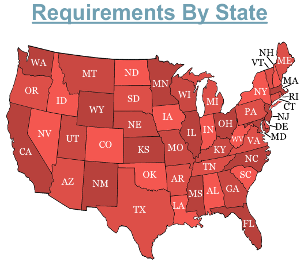

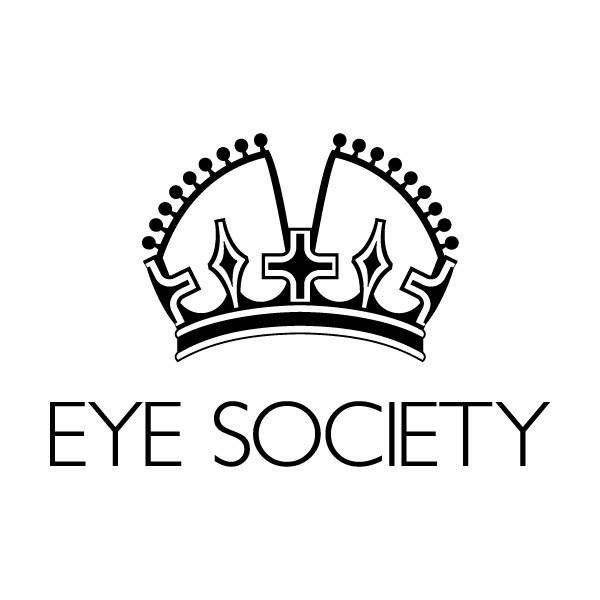

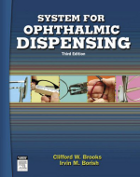
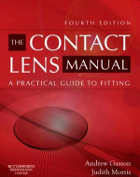
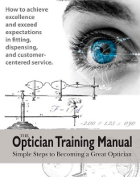

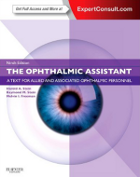
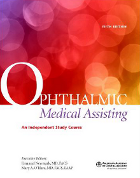
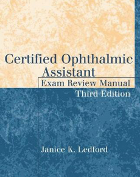
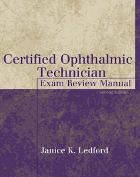
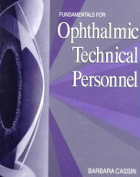
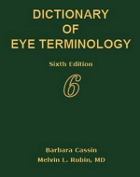
I would love to become certified as optician. I would like to know what all is needed to take the steps to get my certification.
Stephanie,
The American Board of Opticianry (ABO) has no education or training prerequisites for those who wish to sit for the optician certification exams. Although it is possible to pass the exams without completing an apprenticeship or degree program, those who perform intensive review tend to perform much better. In Louisiana, one of the best approaches to preparing for the exam is through the use of the textbooks found on our training resources page.